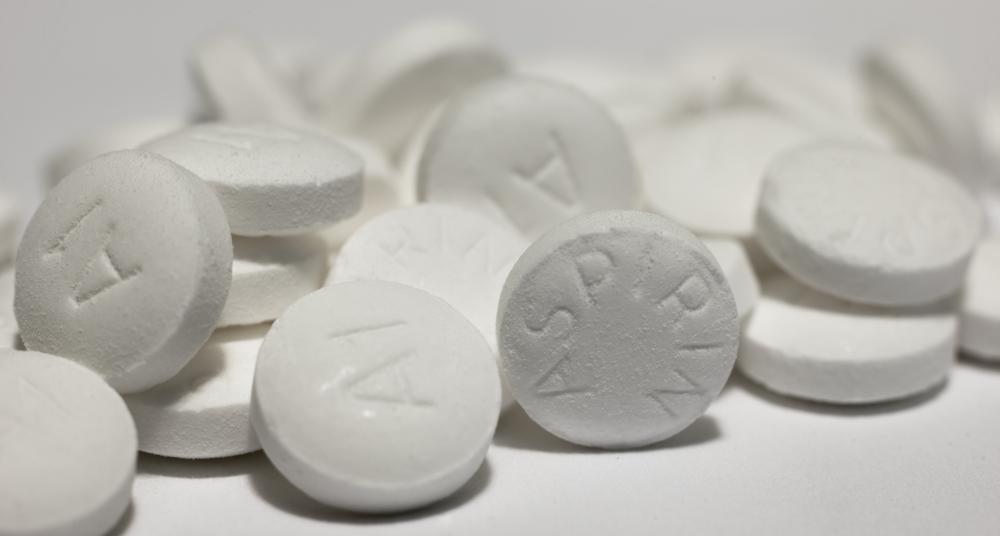At WiseGEEK, we're committed to delivering accurate, trustworthy information. Our expert-authored content is rigorously fact-checked and sourced from credible authorities. Discover how we uphold the highest standards in providing you with reliable knowledge.
What is Parvovirus B19?
Parvovirus B19 is the virus that causes fifth disease, a common childhood illness. Fifth disease is characterized by a rash on the face that looks like slapped cheeks, which appears in the later stages of the illness. This childhood disease is contagious during its early stages before the rash appears. While parvovirus B19 usually affects children, adults can become infected as well. Pregnant women, adults with autoimmune problems, and adults with anemia can develop serious complications from having fifth disease.
Fifth disease is contagious, although not everyone who gets infected will show symptoms. Parvovirus B19 is passed from person to person in the same manner that colds or the common flu is spread, such as contact with saliva or mucous. Although family pets can develop parvovirus, dog or cat parvovirus is different than parvovirus B19. People cannot become infected with fifth disease because their pets have parvovirus.

Symptoms of a parvovirus B19 infection in children during the early stages can resemble other illnesses. These symptoms can include a sore throat, a low fever, and an upset tummy. After the rashes on the face appear, the rashes may spread down as far as the thighs. Children are more prone to catching fifth disease during the fall and spring months. Children, as well as adults, only get fifth disease once in their lives as most develop an immunity to the virus.

Adults who have fifth disease may also get the lacy rashes that children develop. In addition, adults may have swelling and pain in their joints, which can affect them for weeks. Pregnant women who get fifth disease early in their pregnancies may miscarry or have stillborn children. People who have anemia, including sickle cell anemia, and people who have compromised immune systems may experience a drop in red blood cells, resulting in developing a more critical or serious level of anemia.

Most people, regardless of their age, are able to weather a parvovirus B19 infection by resting, drinking fluids, and taking acetaminophen to lower any fevers or reduce pain. Parents should not give their children aspirin as a home treatment. Although the risk is small, children who take aspirin may develop Reye's syndrome, a disease that results in the brain and liver swelling. People with weakened autoimmune systems, people with anemia and women who are pregnant may require hospitalization when infected by parvovirus B19.

Fifth disease is diagnosed by blood test or by the characteristic rash that develops late in the disease. Since most people are not diagnosed until their rashes develop and they are no longer contagious, preventing fifth disease can be difficult, particularly because there are no vaccines available. If a parent or a patient treats the early stages of any illness that resembles the common cold or the flu with lots of hand washing, the risk of infecting others with any illness may be diminished.
AS FEATURED ON:
AS FEATURED ON:















Discuss this Article
Post your comments